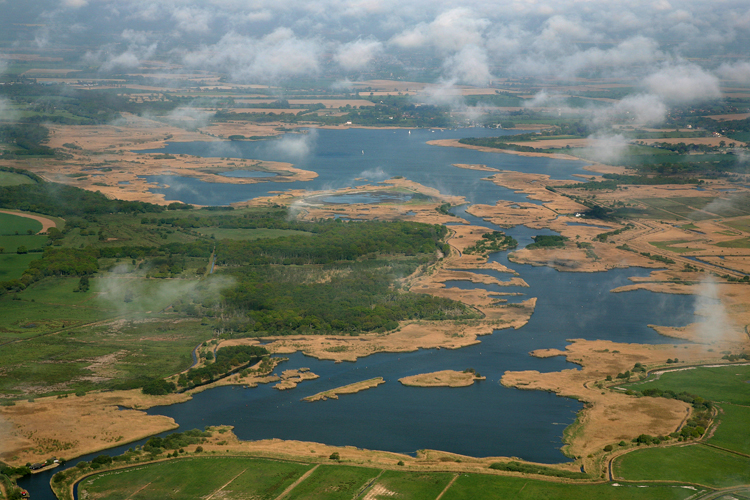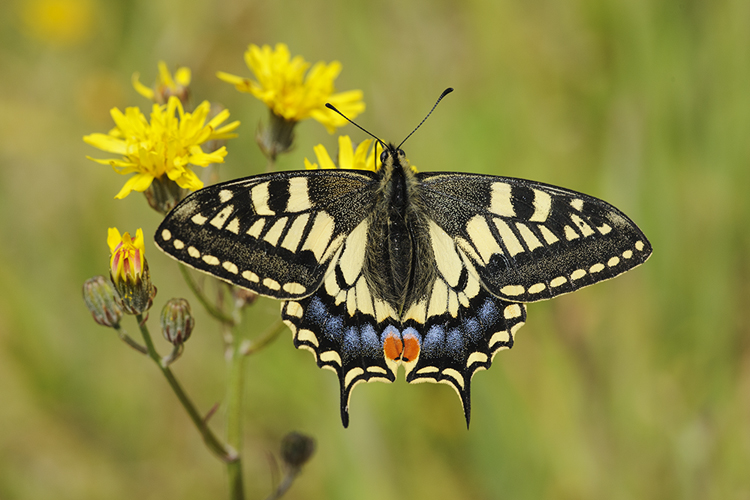The Broads National Park
The Broads is one of the UK’s 15 national parks.
Parks for the people

The UK's national parks are protected for their exceptional landscapes and wildlife, and are places for everyone to enjoy. The Broads offers all kinds of outdoor activities including boating, walking, cycling, wildlife watching and fishing. Places to visit include nature reserves, historic buildings, museums, gardens and children’s activity centres.
To find out more go to www.VisitTheBroads.co.uk
A landscape mosaic

The broads are shallow lakes formed in medieval times when peat was dug out for use as fuel. Over the centuries water levels rose and the peat diggings flooded, forming the broads. Open water, tangled carr or wet woodland, the reed and sedge fens and immense grazing marshes for cattle are the characteristic habitats that make up the mosaic of the Broads. Features in the landscape include churches and drainage mills, and wherries, originally built as cargo sailing craft.
Rare and wild

The Broads is home to many plants and animals, including over a quarter of the UK’s rarest species, such as the swallowtail butterfly and Norfolk hawker dragonfly, found almost nowhere else in Britain. Otters have made a comeback, you might hear the boom of a bittern and the fens alone have more than 250 different plants, including the nationally protected fen orchid. A 2011 study identified 11,000 species in the Broads, of which 66 are special to the area and 31 are rarely seen elsewhere in Britain.
The Broads Authority

The Broads National Park is looked after by the Broads Authority, a special statutory authority that was established by the Norfolk and Suffolk Broads Act 1988, with similar powers to those of a national park authority. The Act placed a duty on it to conserve and enhance the natural beauty, wildlife and cultural heritage of the Broads, promote opportunities for the understanding and enjoyment of the special qualities of the Broads by the public, and protect the interests of navigation. It is the local planning authority for the Broads, and it must also have regard to the needs of agriculture and forestry, and the economic and social interests of those who live or work in the Broads. It began operating in 1989.
To find out more go to www.broads-authority.gov.uk

